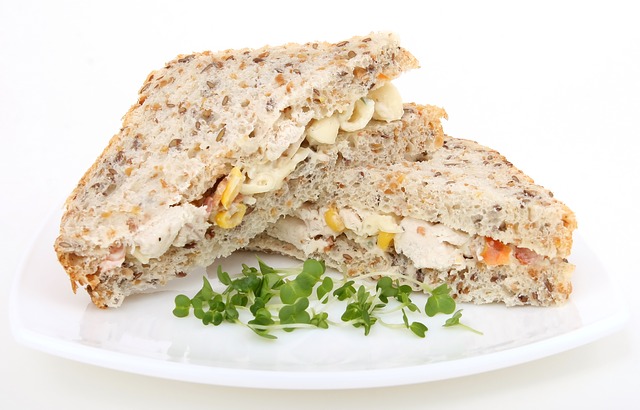Raising Your Teen’s Awareness about the Benefits of Healthy Snacking
Most teenagers deal with jam-packed schedules in relation to school work, sports and in some cases, part-time jobs that make young people forego healthy food. Parents should raise their teenager’s awareness that even when taking snacks they should stick to healthy snacking.
Oftentimes, teenagers are tempted to partake of not so healthy food choices like fast food meals, chips, milk tea concoctions or just chew on protein bars and candy. Remind young adolescents about the importance of healthy eating no matter how loaded their schedules. Parents should take the first steps by buying healthy snacks that would raise the younger children’s awareness about healthy snacking.
Sooner or later, a teen’s siblings will also become super busy teenagers, which makes healthy snacking a good habit to adopt as early as possible. That is considering that health-giving nutrients are vital to the growth and energy of emerging adolescents.
Healthy Snacking Though is Not an Alternative to Proper Meals
Lest our point of view is misunderstood, we want to make it clear that healthy snacking is not an alternative to proper meals. It is only a healthful way of satiating one’s hunger by making sure the body receives nutrients and energy-giving food as opposed to eating unhealthy, processed junk food. Even if a teenager eats three full meals each day, there are still times in between when they feel hungry.
Healthy snack foods will not only keep them from being famished but will also keep a teenager’s mind alert and his or her body properly energized. That is why it is important for teenagers to be attentive to what they are eating. Many are unaware that snacking on fries that furnish large amount of fats and calories give them short-term energy.
Smart Shopping Ensures Healthy Snacking
To make sure your teenager snacks healthily, you must also teach them how to shop smartly. Teach the importance of checking the nutrition facts as required part of food packages, and at the same time warn them that not all healthy claims are true.
A food package labeled with “pure” or “all natural” does not always equate to proper nutrition. While a pack of juice makes claim as all natural, checking the amount of sugar content would be wise. Sugar after all, is still counted as all natural, but the issue with sugar is that it furnishes more calories over healthy nutrients. This can be true with snacks that claim to be low-fat, which reduced fat content but increased sugar to make the low fat snack taste delicious,
While energy bars made from granola are “healthy” energy-giving snacks, your teenager should have awareness that some granola bars have high levels of sugar content to make them appealing to those with sweet tooth; while some others use trans fat to make the granola tastier.
Additionally, teach teenagers to pay attention to the serving size information. Some packets may look small but at the same time indicate that the serving size is good for 2 or more servings. As some teenagers tend to ignore serving sizes, they should know that serving sizes are multipliers of the sugar, fat, and calories indicated as ingredients in the label or package. More often than not, the multiplied amount will exceed the recommended daily allowance for such ingredients.
As with any other tips to being healthy, remind your teenager to observe moderation. Even if you confirm that the snack is healthy, too much of it won’t do any good. While a parent may be tempted to buy a teenage boy with a basket filled with his favorite healthy snacks as an easy choice of Christmas present, don’t do this often.
If you’re still at a loss on what to buy your teenage son for Christmas, read this webpage that provides a list of recommended gifts that are not only educational but also practical tools or gadgets that are currently trending among teenagers. .


